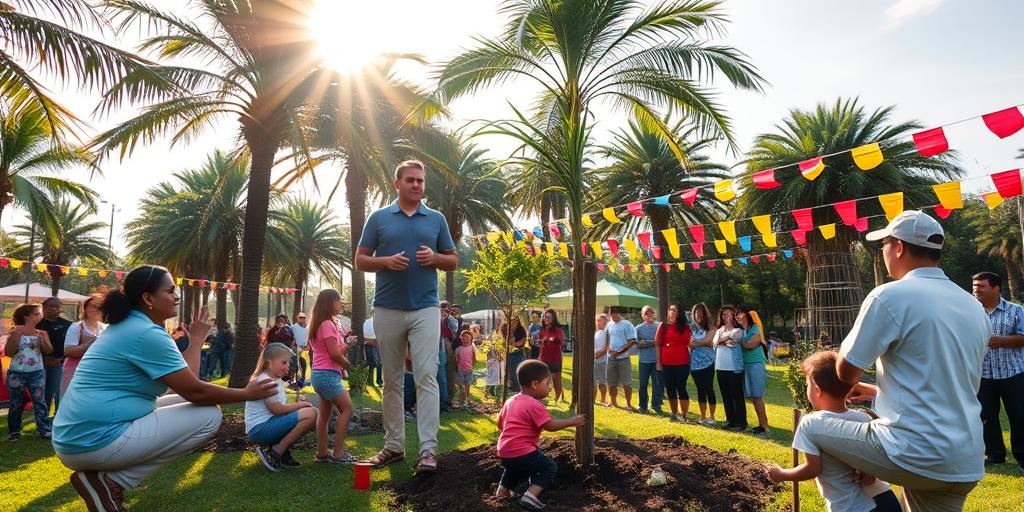Ensuring Seamless Online Experiences: A Call for RGV Residents to Enable JavaScript and Cookies
In an increasingly digital world, ensuring a seamless online experience is paramount, particularly for residents of the Rio Grande Valley (RGV) who rely on web-based applications for daily tasks. A critical step towards this is enabling JavaScript and cookies in web browsers, a process necessary for accessing interactive features and personalized content on many websites. Understanding the significance of these tools can greatly enhance the community’s digital literacy and online engagement.
Understanding JavaScript and Cookies
JavaScript is a programming language that allows websites to offer dynamic content and enable interactive features. This technology supports essential website functions such as drop-down menus, form validations, and multimedia playback, all of which contribute to an enriched user experience. Cookies, on the other hand, are small data files stored on a user’s device. They play a pivotal role in remembering user preferences and information, such as login credentials and language settings, thereby facilitating convenience and personalization.
The absence of JavaScript and cookies can lead to limited website functionality, or even complete inaccessibility for some applications. This is particularly relevant for Valley residents who use web services for activities ranging from e-commerce to accessing government services and educational resources.
Local Implications for the Rio Grande Valley
In South Texas, enabling these technologies takes on an added significance due to the region’s reliance on online platforms for economic, educational, and social activities. The RGV, known for its dynamic community and economic potential, can further enhance its growth by ensuring residents have unhindered access to the digital tools they need.
Tech advocate and McAllen resident Carlos Ramirez emphasizes the importance of this issue. “For our community, understanding how to enable JavaScript and cookies isn’t just about improving personal convenience,” he says. “It’s about unlocking opportunities for growth and development, especially as more businesses and services move online.”
Linking to Larger Digital Literacy Efforts
Efforts to increase digital literacy have been ongoing in the RGV, where educational programs aim to bridge the digital divide. This issue aligns closely with those goals, highlighting a specific step community members can take to improve their online interactions.
Edinburg librarian Emily Perez notes, “In our digital literacy workshops, we make it a point to cover essential skills like enabling JavaScript and cookies. It’s a simple yet impactful way to ensure inclusivity in the digital age.”
Potential Challenges and Concerns
While enabling JavaScript and cookies is beneficial, some residents express concerns over privacy and data security. It’s crucial for users to understand how to manage browser settings, allowing them to make informed decisions about their online privacy.
“Balancing security and functionality is important,” says Jose Hernandez, an IT specialist from Harlingen. “Residents should enable these features but also familiarize themselves with their browser’s privacy controls. This ensures they can protect their data without sacrificing access to important online tools.”
Practical Steps for RGV Residents
For those unsure about how to enable JavaScript and cookies, it’s generally a straightforward process that involves adjusting browser settings in the privacy or security sections. Online tutorials, often available on browser help pages, guide users through the necessary steps.
To assist Valley residents, local community centers and libraries offer resources and assistance. These centers can provide hands-on support to those who need help setting up their web browsers correctly.
Looking Ahead: Enhancing Community Engagement
Considering the critical role of digital connectivity in modern life, promoting the understanding of web-based capabilities is essential for advancing the local impact of regional development initiatives. By enhancing the community’s digital engagement, the RGV can position itself as a forward-thinking region ready to tackle the challenges of a globalized economy.
Ultimately, the message is clear: enabling JavaScript and cookies is more than a technical requirement—it’s a gateway to enhanced community engagement and broader opportunities for growth and service access. As the RGV continues to thrive, ensuring all residents can participate fully in the digital landscape will only further bolster the region’s resilience and innovation.
Valley residents looking to learn more about enabling these features or seeking assistance can reach out to local RGV news outlets, community centers, and public libraries, which are equipped and ready to provide guidance. Through community effort and increased awareness, South Texas stands poised to harness the full potential of digital technology for everyone’s benefit.







